South African President Cyril Ramaphosa is scheduled to meet with U.S. President Donald Trump at the White House next week in an effort to repair strained relations between the two countries, the South African presidency announced Wednesday, as per Al Jazeera.
The visit, set to take place from Monday through Thursday, will mark Ramaphosa’s first meeting with Trump since the latter returned to office in January. The two leaders are expected to meet on Wednesday to discuss a wide range of bilateral, regional, and global issues.
“The president’s visit to the U.S. provides a platform to reset the strategic relationship between the two countries,” the South African presidency said in a statement.
Relations between Washington and Pretoria have deteriorated in recent months, particularly following Trump’s vocal criticism of South Africa’s land reform policies and its recent legal action against Israel at the International Court of Justice (ICJ). In February, Trump signed an executive order cutting all U.S. funding to South Africa, citing concerns over land expropriation laws and Pretoria’s foreign policy stance.
Tensions further escalated this week after the U.S. welcomed dozens of white Afrikaners as refugees, citing allegations of racial persecution in South Africa—claims the South African government has dismissed as unfounded. The Trump administration has accused Pretoria of failing to protect white farmers, a narrative that experts and the South African government say lacks evidence and misrepresents the country’s broader challenges with violent crime.
“Afrikaners are not being targeted because of their race,” Ramaphosa has said previously, asserting that South Africa suffers from widespread crime that affects all racial groups. The president also criticized the U.S. position, stating that Washington had “got the wrong end of the stick.”
The U.S. has also raised concerns over South Africa’s affirmative action policies and a controversial land expropriation law, which allows for the seizure of land without compensation under specific conditions. South African officials argue that the law aims to address historical injustices and redistribute idle land for public benefit. However, some Afrikaner groups view it as a threat to their property rights.
White South Africans make up about 7 percent of the population but still hold a disproportionate share of the country’s land and leadership positions, according to official data.
Despite the diplomatic rift, Ramaphosa has repeatedly emphasized his commitment to restoring a constructive dialogue with Washington, highlighting the importance of the U.S. as South Africa’s second-largest trading partner after China.

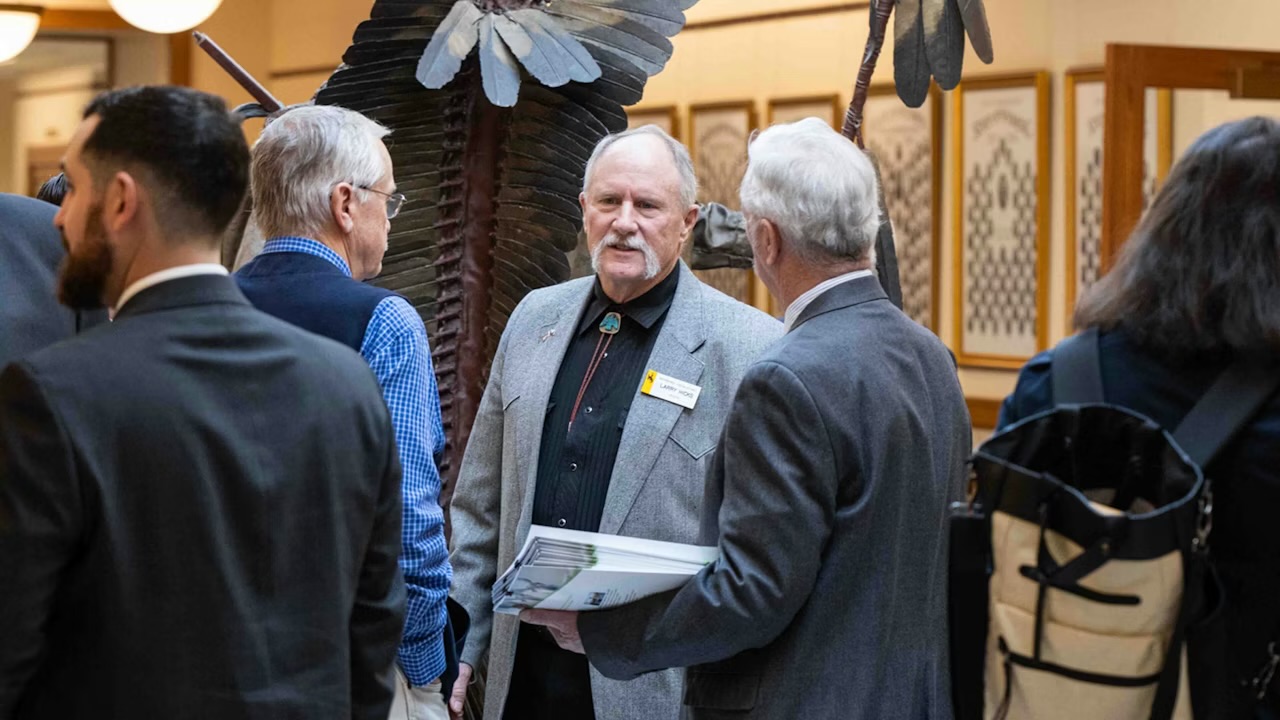
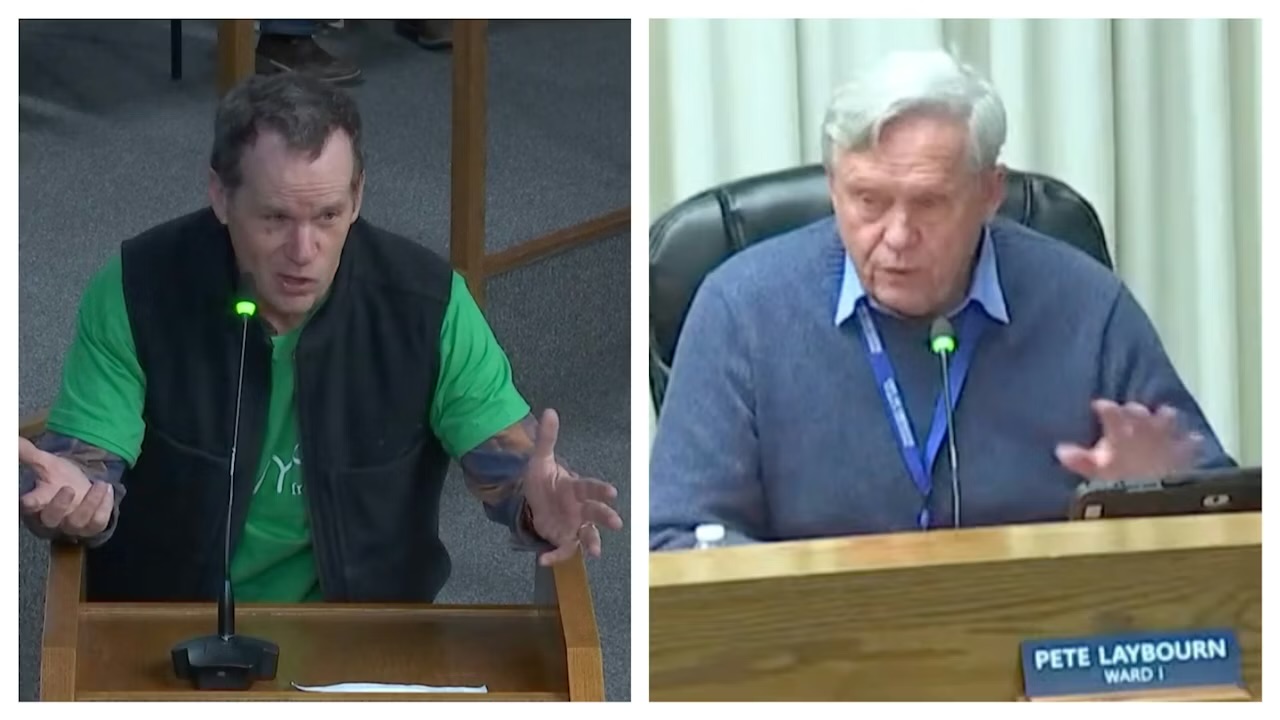
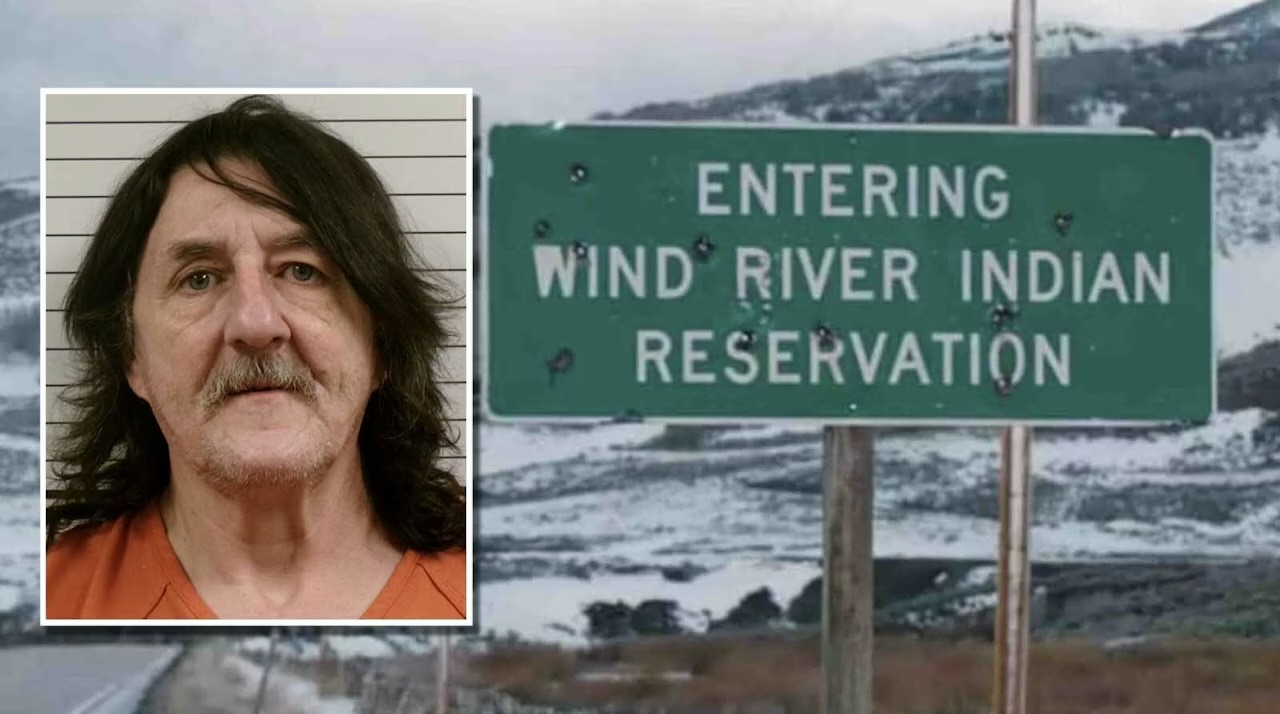
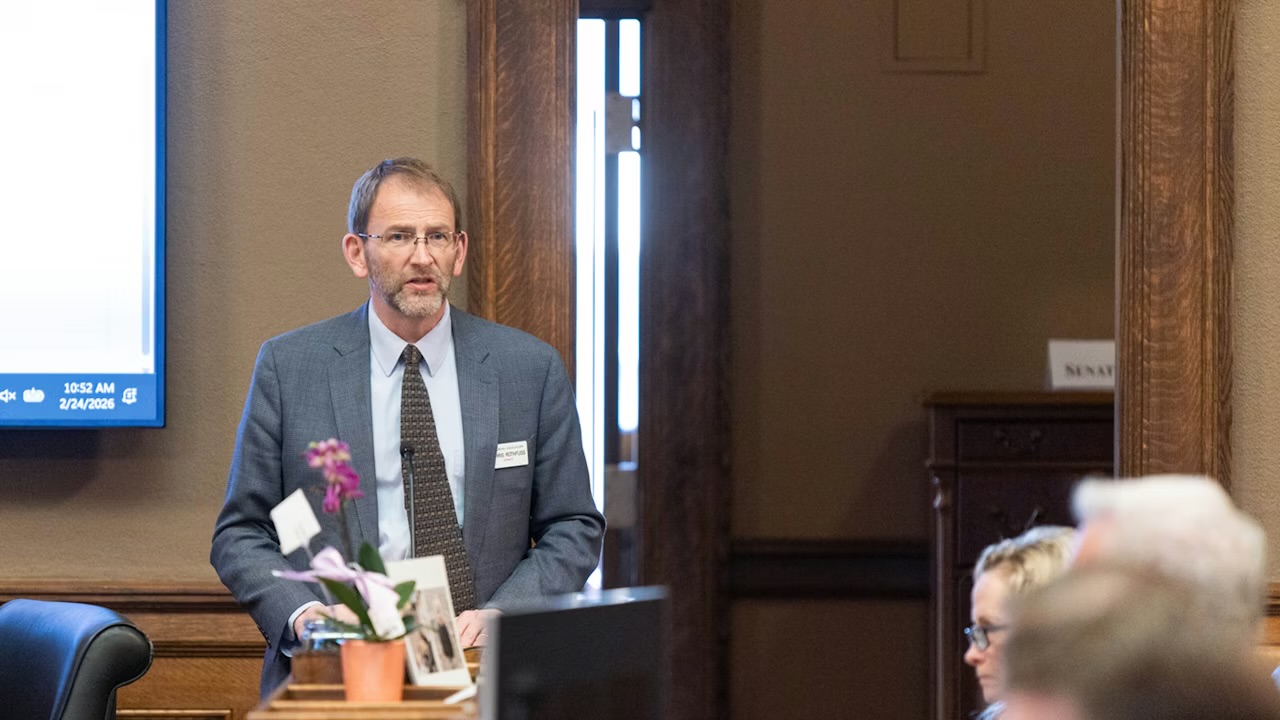
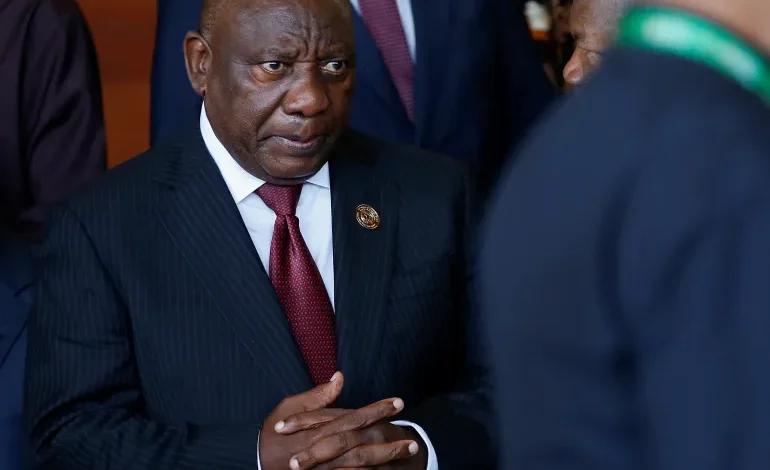




The latest news in your social feeds
Subscribe to our social media platforms to stay tuned